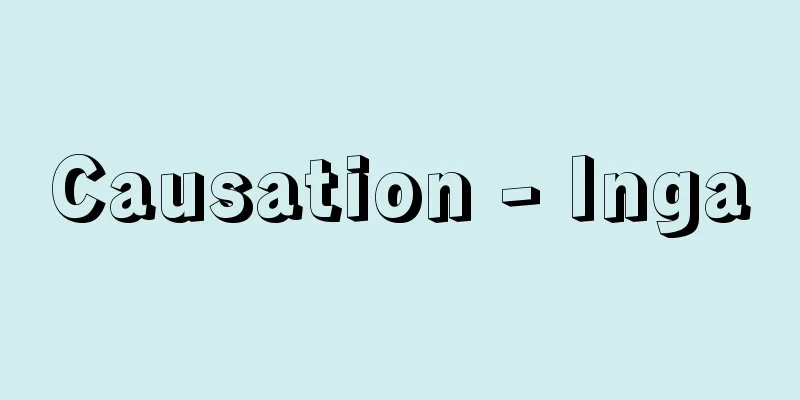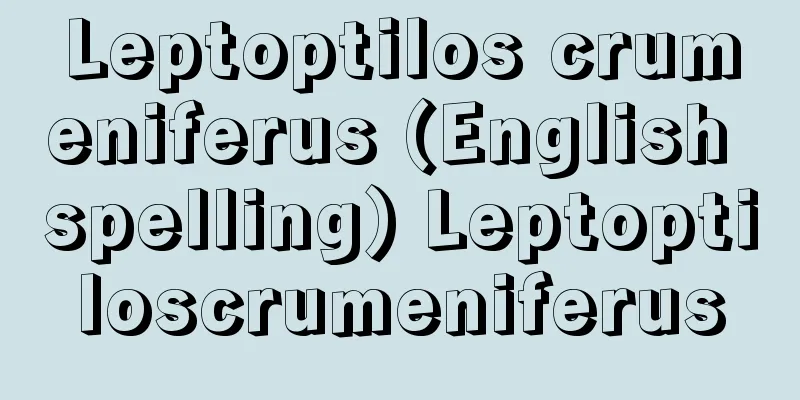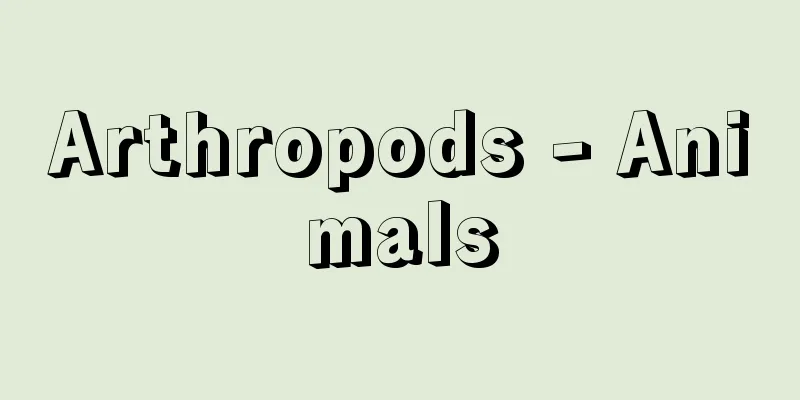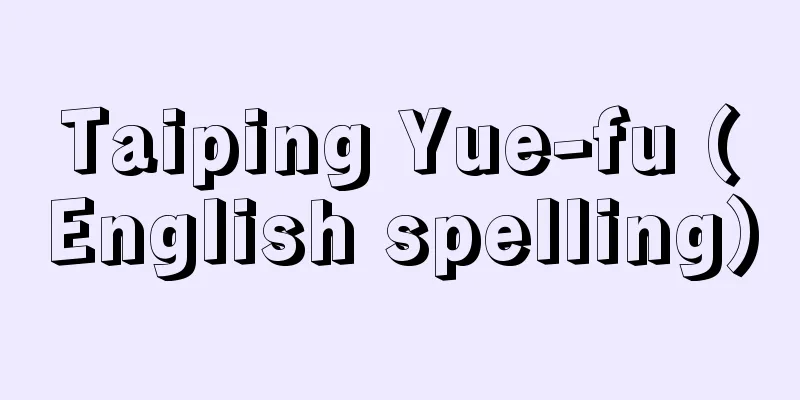Causation - Inga

|
Cause and effect. The close connection between cause and effect has been called the "law of causality" since ancient times and is the basis of many academic disciplines, including philosophy and science. In daily life, too, the deep connection between cause and effect is always assumed, regardless of time or place. Buddhism, which does not establish a creator or absolute being, treats this causal relationship very seriously, as it teaches that human life and actions are all in the real world, and has made great progress in analyzing it. Usually, the cause comes first and the effect comes later, but there is also the view that the two are simultaneous. In Indian philosophy, there are two theories: the "cause in the cause theory," which says that the effect is within the cause from the beginning and appears later, and the "cause in the cause without the effect theory," which says that a completely new effect occurs. Buddhism is not biased toward either of these, and teaches appropriate teachings based on the facts for each. In particular, it rejects the direct connection between cause and effect, and instead establishes conditions between them, placing importance on them, while also giving deep consideration to the process. These conditions are called conditions, and the relationship between cause, condition, and effect is at the core of Buddhist thought. Furthermore, Buddhism also reflects on the reality that an effect arises from a cause, and that the effect immediately becomes a cause in the next moment. Furthermore, Buddhism does not teach that there is one cause and one effect, but that an effect arises when many causes are fulfilled, and that sometimes a single cause can lead to a variety of effects. In any case, because Buddhism places importance on the motivation for an action and does not rely on results, it has an extremely sharp and precise analysis of the causes (and conditions) that lead to an effect, and this is strongly reflected in both its doctrine and practice. [Mitsunori Saegusa] "Buddhist Thought Research Group (ed.), Buddhist Thought 3: Causality (1978, Heirakuji Shoten)" [Reference] | |Source: Shogakukan Encyclopedia Nipponica About Encyclopedia Nipponica Information | Legend |
|
原因と結果。原因と結果との密接な結合関係は、古来「因果律」と称して、哲学、科学をはじめ、諸学問の基礎に置かれる。また日常生活においても、時代や地域を問わず、因と果との深いつながりが、かならず前提とされている。創造者ないし絶対者を設けない仏教は、人間の生も行為もすべて現実世界のなかで説くところから、この因果関係をきわめて重く扱い、それらの分析が著しく進んでいる。普通は因が先で果は後とみるが、両者を同時とする考えもある。また果は最初から因のなかにあって、のちに現れ出るとする「因中有果論」、まったく新しい果が発生するとする「因中無果論」の二つがインド哲学で説かれるが、仏教はそのどちらにも偏らず、事実に即してふさわしい教えをそれぞれに応じて説く。とくに、因と果との直結を排して、その間に条件をたてて、それを重視する一方、そのプロセスにも深く配慮する。この条件を縁と称して、これら因と縁と果の関連が、仏教思想の根幹にある。なお、因から果が生じ、ただちにその果が次の瞬間には因となるという現実の反省も、仏教はもっている。また一因一果を説かず、果は多くの因が満たされて生ずることも、ときに一因から多様な果の導かれることも、仏教は説く。いずれにせよ、仏教は行為の動機を重んじて、結果論によらないから、果に至る因(および縁)の精密な分析がきわめて鋭く、それが教理にも実践にも強く反映している。 [三枝充悳] 『仏教思想研究会編『仏教思想3 因果』(1978・平楽寺書店)』 [参照項目] | |出典 小学館 日本大百科全書(ニッポニカ)日本大百科全書(ニッポニカ)について 情報 | 凡例 |
Recommend
belite
...In the ceramics industry, it is also written a...
Relief - And
〘Noun〙 ("do" means fence) ① (━suru) To b...
Modello
…There are two types of this: the full-scale one,...
patrilineal descent group
In the narrow sense, it means the regulation of p...
Quercus serrata - Quercus serrata
A deciduous tall tree of the Fagaceae family (APG...
Oki Island
An island with an area of approximately 0.69 km2...
Memories - Omoide
This is Kitahara Hakushu's second collection ...
Lessivage - Lessivage
One of the basic soil formation processes, it is a...
Liberalization of capital transactions
In a broad sense, this refers to the liberalizatio...
Payment Presentation - Shiharaiteiji
The act of the holder of a bill or check presentin...
Enkianthus quinqueflorus (English spelling) Enkianthusquinqueflorus
… [Kei Yamazaki]. … *Some of the terminology that...
Fission track method
A dating method. Trace amounts of uranium 238 are ...
Osaka Komeza Exchange Office - Osaka Komeza Exchange Office
...This was the beginning of the Dojima rice mark...
Internal labor market
Labor markets are sometimes segmented into units s...
Onzo Festival
〘Noun〙① An event at Ise Grand Shrine to present sa...


![Iwatsuki [city] - Iwatsuki](/upload/images/67caf4d2be7ee.webp)






